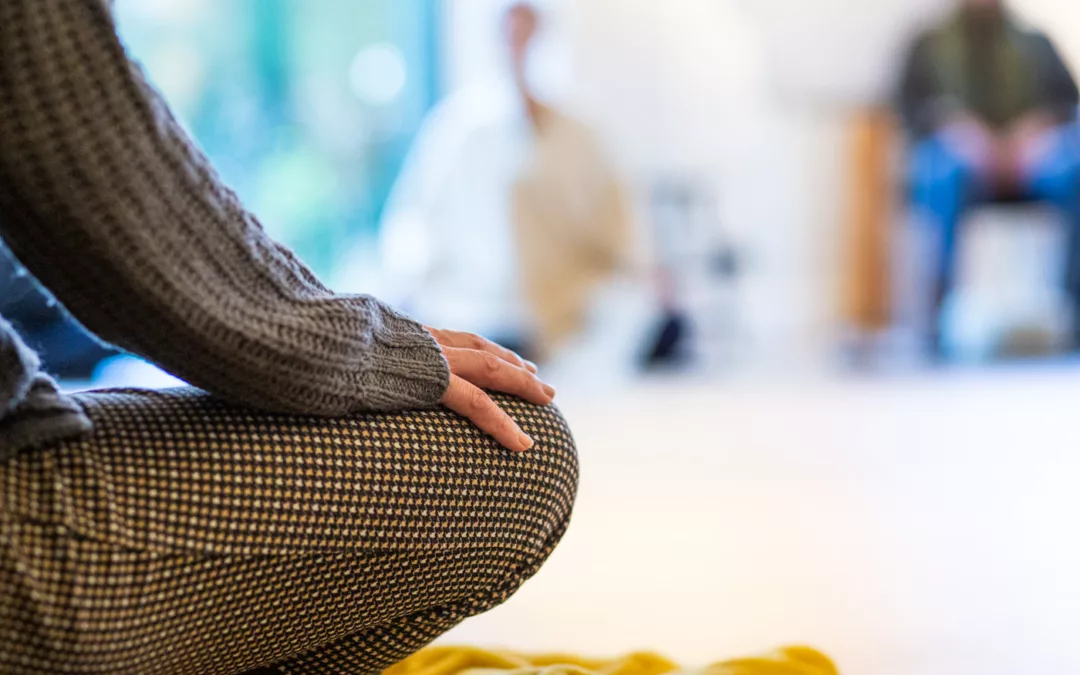Restlessness courses through your body, the thoughts continue to float down the endless stream of consciousness. You peek through your eyelids and see that everyone is sitting there peacefully … except you. The thoughts that follow “This must not be for me,” “You see, I can’t do this,” “What an annoying voice that meditation teacher has.”
…
Before you know it, you find yourself enduring the meditation with the same willpower you often squeeze throughout your workday. Worst case, you will stop meditating altogether and tell yourself that running, or knitting, or making music is now your form of meditation.
“ The biggest misconception surrounding meditation is that if you meditate ‘well’, it will always feels good. The goal of meditation, however, is simply to meet whatever is already there …
…and that is not always just peace, calm and serenity, but also restlessness, anger, doubt, jealousy, anxiety, and fatigue.
The essence of meditation is to get to know yourself better by exploring experiences on a visceral level and maintain curiosity and gentleness while being present with them. By consciously setting aside time in your day and anchoring your attention in the movement of breath you allow things you may not have been aware of, or would rather not be aware of to come to the surface. Meditation is the practice of this special encounter with inner experiences that would probably remain subconscious during other activities like cycling, knitting or playing music. As Astrid van Wesenbeeck, one of our teachers, recently said:
“ Meditation is a practice of welcoming
In the stillness of meditation you are challenged to become intimately connected to all the experiences that come along your path. We do this more effectively by training the mind to be calm and attentive (presence) and the heart to gently embrace whatever comes up (compassion). This takes courage and perseverance.
Why meditate if it is not always pleasant?
In short? You can only make conscious choices in life if you know yourself well. If you want to free yourself from unconscious drives, if you want to be free to be able to live and love, it is necessary to know yourself. Meditation is an ancient and time-tested practice for increasing self-awareness and self-knowledge.
The Greek philosopher Socrates wrote around 400 BC:
“ Gnōthi Seauton (Greek for Know Yourself)
The better we know ourselves and the more compassionate we are with all the existential experiences that this life brings, the better we are able to meet life:
Being Free and Connected
BFC Compassionate Care & Mindful Medicine offers daily live online meditations for people working in healthcare. Do you join us?
Special thanks to Marc Mazur for translating the text so thoughtfully

